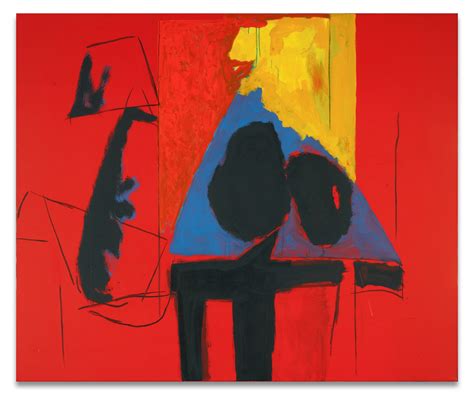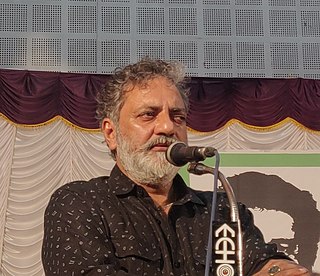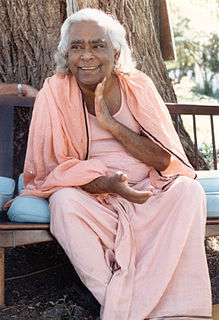A Quote by Robert Motherwell
It may be that the deep necessity of art is the examination of individual's and society's self-deception.
Quote Topics
Related Quotes
What is the most fascinating kind of self-deception to me, and a kind that isn't necessarily unhealthy, is what Friedrich Nietzsche called "strategic self-deception." The kind of self-deception that you can engage in with your eyes wide open. You do it because you say, "There's things that I couldn't accomplish without this kind of self-deception."
Freedom is necessary for two reasons. It's necessary for the individual, because the individual, no matter how good the society is, every individual has hopes, fears, ambitions, creative urges, that transcend the purposes of his society. Therefore we have a long history of freedom, where people try to extricate themselves from tyranny for the sake of art, for the sake of science, for the sake of religion, for the sake of the conscience of the individual - this freedom is necessary for the individual.
Then ego goes on growing, because the society needs you as an ego, not as a Self. The Self is irrelevant for the society; your periphery is meaningful. And there are many problems. The ego can be taught and the ego can be made docile and the ego can be forced to be obedient. The ego can be made to adjust, but not the Self. The Self cannot be taught, the Self cannot be forced. The Self is intrinsically rebellious, individual. It cannot be made a part of society.
If, after a rigid examination, it be found an imposition, it should be extensively published to the world as such; the evidences and arguments on which the imposture was detected, should be clearly and logically stated, that those who have been sincerely yet unfortunately deceived, may perceive the nature of the deception and be reclaimed, and that those who continue to publish the delusion, may be exposed and silenced.
What, after all, are the world's deepest problems? They are what they always have been, the individual's problemsâ??the meaning of life and death, the mastery of self, the quest for value and worth-whileness and freedom within, the transcending of loneliness, the longing for love and a sense of significance, and for peace. Society's problems are deep, but the individual's problems go deeper; Solzhenitsyn, Dostoyevsky, or Shakespeare will show us that, if we hesitate to take it from the Bible.







































